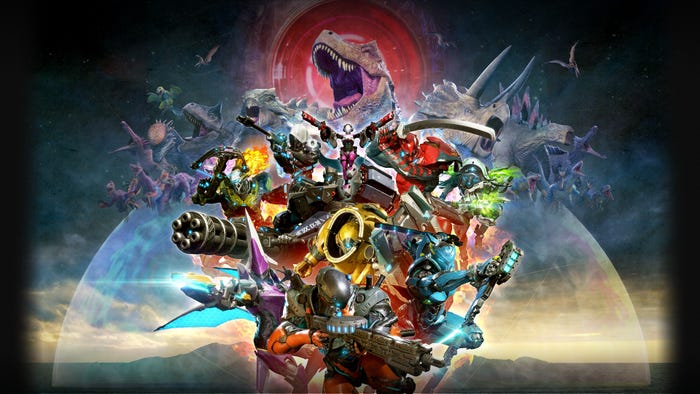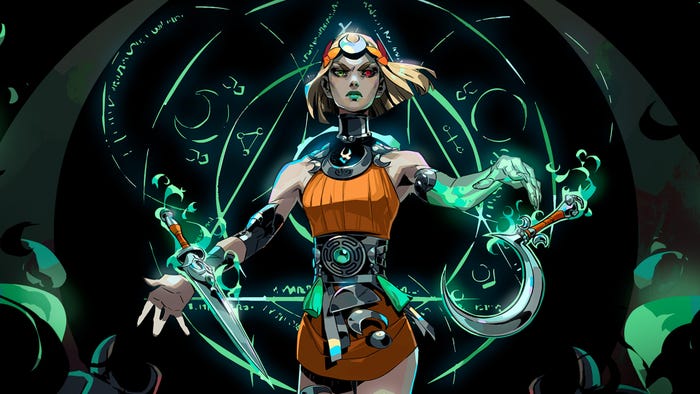Publishers are not necessarily evil!
There are many publishers operating in the games space today. So who are these mysterious creatures, what goes on inside their heads and how to approach them?

There are many publishers operating in the games space today. They help bring games in front of players and bring revenue to the studios without the necessary marketing, distribution, monetization and user acquisition skills. So who are these mysterious creatures, what goes on inside their heads and how to approach them?
Publishing managers are human beings as well. Really! They live, breathe, have a family to feed, go to work, have a boss they need to show results to and earn their pay check by generating revenues for their company. When a developer walks in the door, their question is- will their game help me achieve these goals. So you better pitch your game in a way that it does.
How to do it? Be professional and make it easy for them to work with you.
First of all, don’t try to shoot a fly with a cannon- do your research on the portfolio of the publisher and pitch only relevant games. Pitching your game to every single publisher and just hope for the best makes you look unprofessional and also not produce the results you want.
Once you have found your publisher candidate, that is working on the platform and genres of your game, prepare a great pitch. If you need, hire someone to help- there should be no logical or grammatical errors in your pitch. You have only one opportunity to make your first impression.
Take into account who you are talking to- if you talk to a producer, talk about features, but if you talk to a higher level person, concentrate more on the business opportunity and why your game is superior to others on the market. Remember, that usually the person you talk to needs to further pitch it to their internal team. Make the materials you send clearly understandable and easy to share- you want them on your side.
Most importantly, give them the level of confidence that your team is able to finish and maintain the game. The publishers are taking a risk and spending money on the user acquisition, marketing, etc., you need to show them how they will get their money back.
Remember it is not a yes or no conversation- be flexible to change up your schedule and plans during the discussion: make less or more levels or features. Know what are the deal points important for you- IP rights, upfront financing, etc and be ready to talk about them. Upon rejection and trust me, there will be many, try to find out the reasons. Do they have a similar product in their pipeline, is it outside their scope, do they not find it polished enough? This will help you design your future plans.
Many statements and ideas are inspired by Jeremiah Chow from FOG Studios, the fabulous mentor at GameFounders today.
To apply for GameFounders, go to gamefounders.com/apply
GameFounders is a startup accelerator and pre-seed fund working exclusively with game studios. Established in 2012, GameFounders started its operations in a hub in Europe, Estonia and in 2015 expanded with opening a hub in Malaysia to cover Asia. GameFounders selects its portfolio studios from a global pool with applications from 75 countries so far. The best 10 teams move to the GameFounders hub for 3 months and go through a mentoring program giving them a boost to build their business. The teams will also have access to a wide array of partnership deals, small investment and a network of mentors. As of end 2015 GameFounders has made 46 investments in studios from 22 countries.
Read more about:
BlogsAbout the Author(s)
You May Also Like













